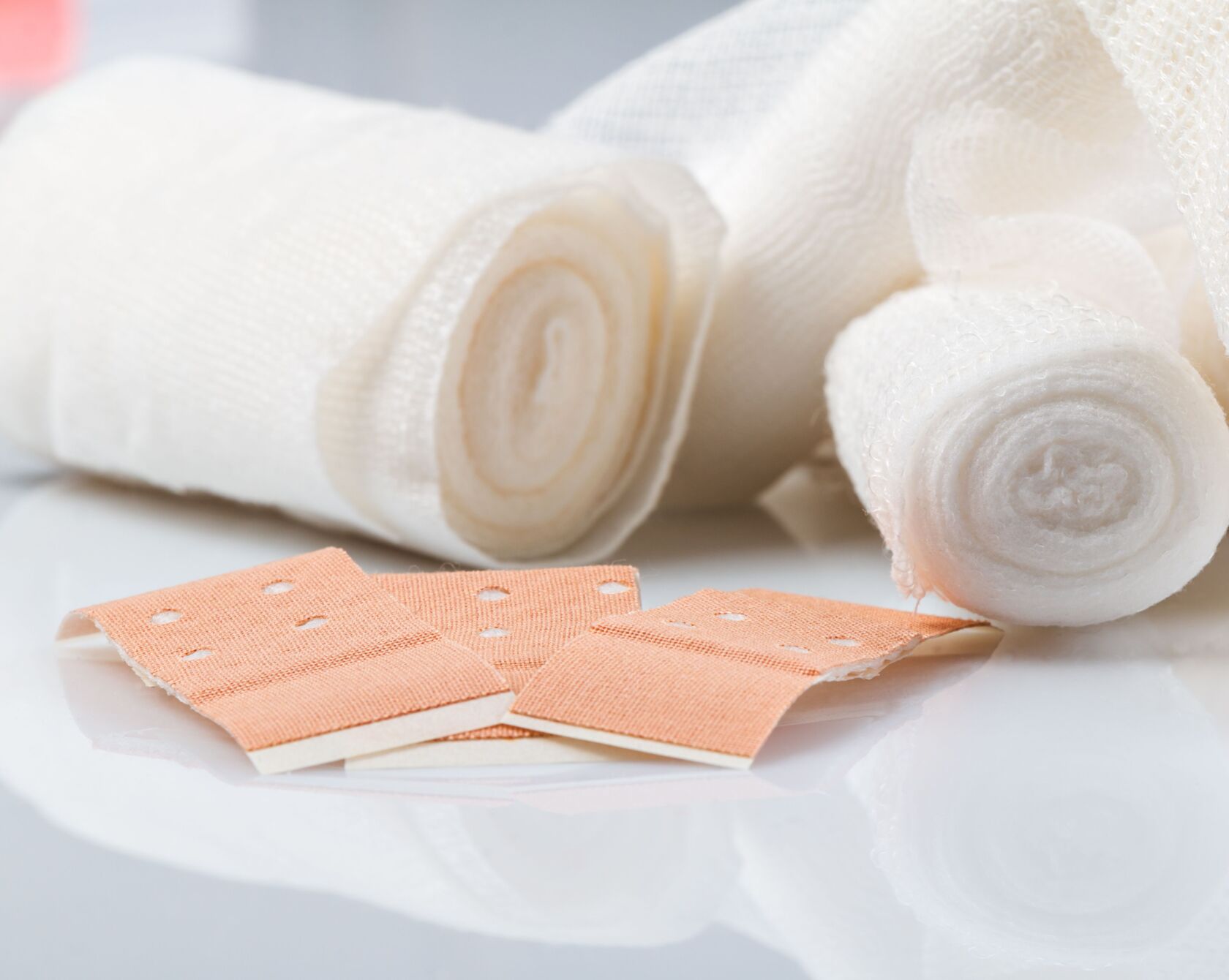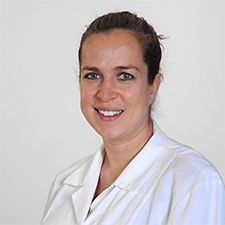Wounds after injuries, operations or due to chronic illnesses can be protracted. Christina Gassmann, nutritionist at the University Hospital Zurich, explains why good nutrition can support healing.
Ms. Gassmann, what role does nutrition play in wound healing?
A big one! If tissue is injured, the organism tries to close the wound quickly and restore the destroyed tissue. Above all, the body needs more protein than usual and sufficient energy, which it must get from the diet. In the event of poor or delayed wound healing, it should therefore also be assessed whether the diet covers this requirement or whether there is a malnutrition.
What is malnutrition?
This is usually an acute or chronic nutritional condition. The body lacks energy, protein and/or other nutrients that it needs to maintain all functions optimally. It is often not just the quantity that is lacking; the composition of the food is also not or no longer in line with requirements. Malnutrition can therefore affect people who are overweight, underweight or of normal weight.
How does this happen?
There are many causes that can lead to this. Acute or chronic illnesses can lead to increased energy and protein requirements and thus to a loss of weight and muscle mass. The intake or absorption of food may also be impaired, for example if swallowing is impaired or if part of the stomach or intestine has had to be removed due to a tumor. However, an altered sense of smell and taste due to illness or medication, which spoils the pleasure of eating, can also ultimately lead to malnutrition.
How is malnutrition diagnosed?
If there are any signs of this, we will carry out a comprehensive assessment. We take a close look at the diet and eating habits together with the patient and collect nutrition-related medical data. If wound healing is poor or delayed, it is also important to consider increased blood sugar as a contributing cause: high blood sugar leads to poorer blood circulation, which means that fewer substances, oxygen and blood that are important for wound healing are transported to the wound, which delays its closure.
How can nutrition influence wound healing?
Wound healing requires a particularly large amount of protein. It should therefore be the main component of every meal. Animal protein from meat, fish, eggs, cheese and other dairy products is particularly recommended. However, the increased protein requirement can also be met with plant-based foods such as legumes, meat substitutes and plant-based milk substitutes. Food supplements and micronutrient supplements should only be taken as prescribed if a specialist has identified a significantly increased requirement or specific deficiency.
How can malnutrition be prevented?
According to estimates, 20 to 30 percent of patients are malnourished on admission to hospital; chronically ill and elderly people are generally at increased risk. It is important to recognize malnutrition or the risk of it; GPs, home care and other healthcare professionals should be made aware of this. If malnutrition is suspected or identified, patients should be referred to a medically trained specialist in nutritional counseling/therapy SVDE so that the diet can be adapted to individual needs.

